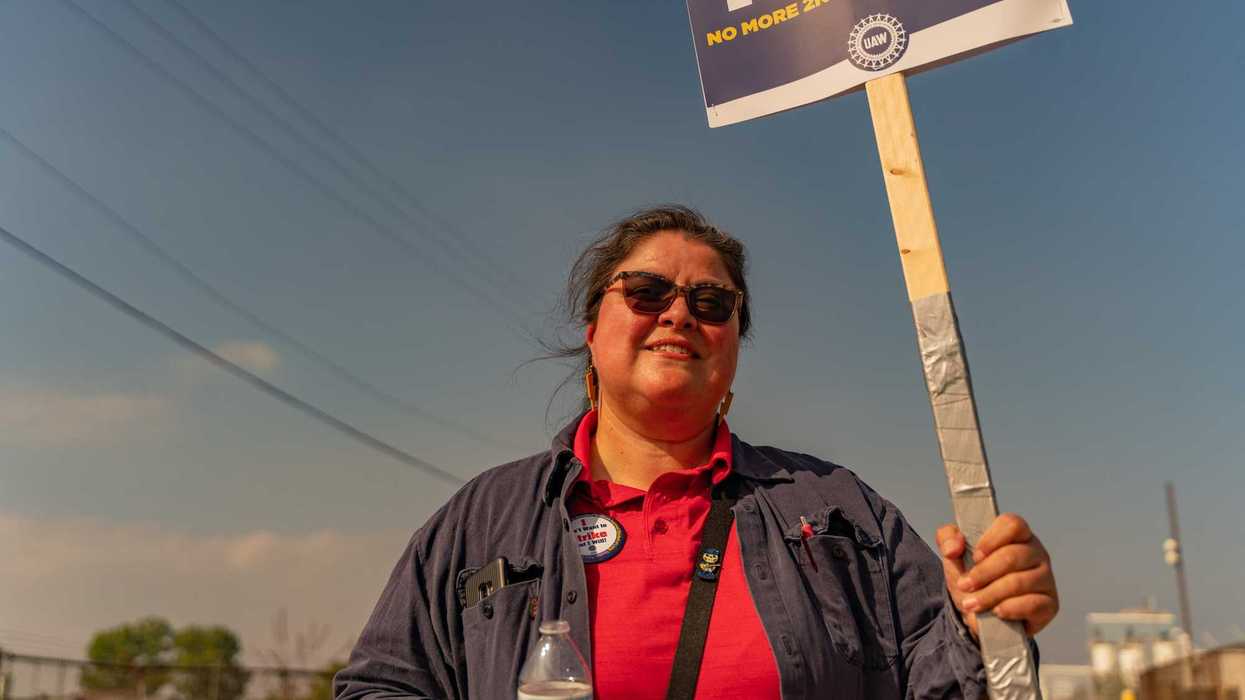Scaglia is a research associate at RepresentWomen, a think tank and action hub dedicated to strengthening our democracy through achieving gender balanced governance. Her areas of expertise include ranked choice voting and proportional representation.
Women’s representation in governance is crucial, not just as a means of achieving descriptive representation but also for creating better policy outcomes driven by an elected body that represents its constituents. Women politicians are more likely than men to introduce and sponsor bills that relate to “women’s issues,” such as healthcare, childcare, education, housing, crime, and social welfare. Women also reach across party lines more often than men, contributing to inclusive lawmaking.
In the 2021 city council elections, New York City made history. Women went from holding under one-fourth (24%) of the 51 seats to women of color holding a majority (61%). Research conducted by RepresentWomen shows that four factors unique to New York City led to this election result
1. Term limits meant 35 of the 51 council seats were open.
2. NYC’s matching funds programs amplified small donations allowing women, who tend to benefit more from small donors, to boost their campaign funds.
3. Ranked choice voting was used for the primary elections.
4. Candidate-focused organizations such as The New Majority NYC uplifted women candidates through endorsements, training, and mentorship.
New York City’s women majority council provides a high-profile example of how impactful women’s representation is. Having a city council with members who have shared lived experiences with their constituents allows for all voters, especially those who are often marginalized, to have a voice.
“We know that legislators legislate based on their lived experience, and now thanks to RepresentWomen's research we can point to the tangible impact that the women-majority New York City Council has had on policy.
– Liuba Grechen Shirley, CEO and Founder of Vote Mama
In New York City, a woman majority has had a significant impact on the areas of reproductive health, maternal health and mortality, childcare, pay equity, menstrual equity, and supporting survivors of domestic violence. This council has also expanded COLA by $100 million for nonprofit workers and expanded Promise NYC, a service that provides childcare services to undocumented families, by $16 million.
The woman majority council is also led by a woman: Speaker Adrienne Adams. Her leadership has allowed many of the councilwomen to take on committee leadership roles, reducing bias across the council. This council’s Women’s Caucus shows the positive effects of women’s leadership. With a built-in majority (28 women are currently in the caucus), women don’t have to explain why addressing certain issues, such as maternal health, is essential to building a better New York.
“More women in power means more progress for New Yorkers. When our government looks like our city, then the issues that matter get addressed. This report gives us the reason to keep going, and proof that the women-majority is not just about hitting a number, but about creating a positive impact on the City.”
– Jessica Haller, Executive Director of The New Majority NYC
Nonetheless, RepresentWomen’s research also found that structural barriers persist. Several of New York City’s buildings are dated, lack proper lactation facilities, and impede nursing mothers and pregnant women from coming to work. A woman majority’s impact is clear, but one record-breaking win does not suffice to fix centuries of men-dominated governance.
New York City reinforces that increasing women’s representation at all levels of government is essential. Not only do women deserve a seat at the table, but all people benefit from them having that seat. If we are to achieve gender balance within our lifetimes, cities ought to adopt both systems- and candidate-based strategies– what RepresentWomen calls the “ twin-track approach.”
The impact of systems strategies such as ranked choice voting and public funding of elections is amplified by the presence and support of candidate groups such as The New Majority NYC, and vice versa. To accelerate the rate of progress for women's representation in politics at all levels of government and maintain existing progress in New York City, we must continue to invest in systems strategies and candidate strategies.
Below are the takeaways from our Impact Analysis, which you can read here.
1. Women in leadership positions create a ripple effect, enabling women to uplift one another and reducing bias across the council.
2. Diversity on the council leads to a shift in priorities; Since the majority woman of color council better mirrors the demographics of the city, this allows for a wider variety of issues to be brought to the table.
3. A larger Women’s Caucus has become more legislatively efficient, particularly regarding reproductive rights and maternal healthcare. With a built-in majority, the women don’t have to fight to explain why these issues are essential.
4. Structural barriers persist, impacting the women council members' day-to-day work. With dated buildings and protocols, women face unique barriers that men do not face.
All New Yorkers benefit from a diverse council. The council’s shared lived experiences with their constituents, different legislative perspectives, and representation of their communities make its members more likely to collaborate, understand one another, and support each other, leading to more effective policy making.




















Why does the Trump family always get a pass?